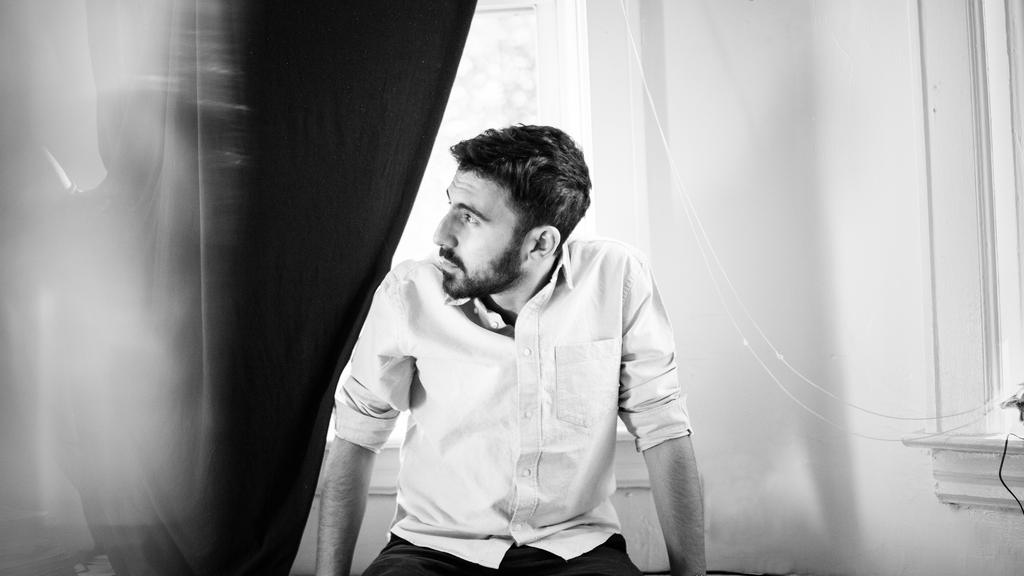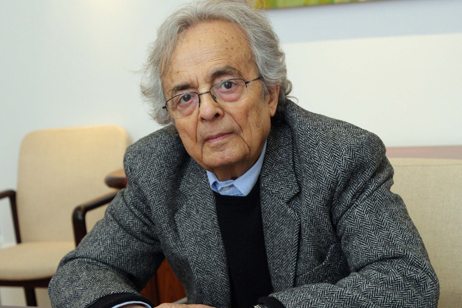In Egypt, the revolution wasn’t televised, it was online. And in 2011, Omar Robert Hamilton was in Cairo’s Tahrir Square, filming famous footage for The Mosireen Collective he cofounded that would be shared on social media all over the planet.
Mosireen became the most-watched non-profit YouTube channel in the world. The fall of president Hosni Mubarak was, Hamilton admits, an exciting time – but also hugely complicated, summed up by one of the characters in his debut, Cairo-set novel noting that for all the popular activism, “tweets don’t stop bullets”.
“One of the issues we were often fighting against is that it was a called a ‘Facebook revolution’,” says Hamilton, the British-Egyptian son of writer Ahdaf Soueif and critic Ian Hamilton.
“While social media is playing an essential role in reconfiguring how politics is played out, it always needs to be accompanied by actions in the physical world. Spreading information is not a useful end in itself – you have to do something with that information.”
It is interesting, then, that after Mubarak had been replaced by Mohamed Morsi, and Morsi by Abdel Fattah El Sisi, filmmaker Hamilton turned to the written word rather than film, not only to try to make sense of the revolution but to record the moment for those whose timelines had moved on.
“When I started writing, it became clear that it wasn’t a screenplay and that I was falling quickly into prose,” he says. “And because the novel is such a malleable form, it could accommodate everything I wanted to throw at it: psychological interiority, historical facts, dialogue, news reports.”
And so in his book, The City Always Wins, Mosireen became Chaos, with its two reporters determined to let the world know about government crackdowns in Cairo.
It offers a fascinating depiction of a confused and confusing time, as Khalil and Mariam try to work out both each other and the momentous events in Egypt as it becomes “an island floating away from reality”.
“What comes out for me in their relationship is the difference of politics within the revolutionists, the tensions, attractions and divergences,” says Hamilton.
But his most striking success is to chronicle the sheer drama of taking part in a revolution as part of an electrifying cause.
“It’s very close to my experiences and those of my friends who I worked with during those years,” he says.
“Revolutions are meant to be thrilling – there has to be an attraction to it, to the possibility of it, otherwise people wouldn’t join in. It has to be so thrilling that the dangers become unimportant.”
Yet for all that live-in-the-moment immediacy, it is what happens next that is so interesting, both in terms of the reality and the fiction. Immediately after the uprisings there was a groundswell of Arab Spring fiction – most of it, unfortunately, opportunistic rather than reflective.
It felt like distance was needed but then, as Khalil puts it, the whole point of the Chaos collective is to “record, splice, upload. There’s no time for artistry”.
Does it now feel, six years later, there has been enough time and space to process that turbulent time?
“The counter-revolution has been long and relentless,” Hamilton says. “It was essential to have some distance to begin writing but proximity was important, too. Writing was partly about processing – but it was also about staying engaged.”
All of which suggests Hamilton does not seem particularly hopeful about Egypt’s future. In part, The City Always Wins – through Khalil’s conflicted character – seems to be a way of exploring how the personal intertwines with the national.
“They are the two poles but what’s in between is the key: communities, societies, cities,” he says.
“Clarity and confusion are two ends of a political spectrum and it’s this battle between clarity and confusion that plays out in the book.
“But no, I don’t think hope is a particularly useful feeling when it comes to political work. Victories can be as slow and difficult as defeats, and hope is not a fuel that burns for long. Egypt is going through a very difficult moment and no one knows how long it will last.”
Indeed, it will be interesting to see whether The City Always Wins is even published in Egypt. Hamilton certainly hopes so and the Arabic translation is almost complete.
Outside of the region, the author hopes readers will be reminded of the impetus of the revolution in the first place. A line from the book seems particularly apt: “they care for 15 minutes until the next horror horrifies them”.
“My primary motivation was really a sense of responsibility – to history and to the revolution,” says Hamilton.
“The Arab revolutions of 2011 were seismic events whose aftershocks are still being felt around the world and I’ve just tried to preserve something of that moment, whose importance is still unmeasurable.”
[amazon asin=978-0571335176&template=add to cart]

